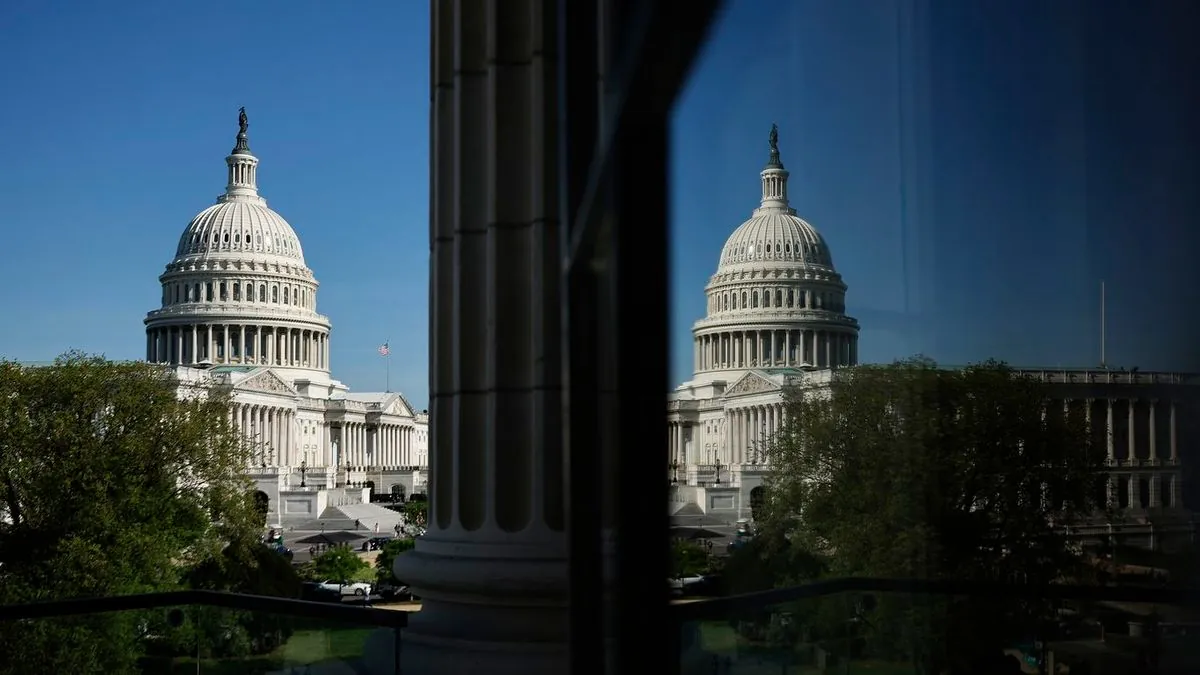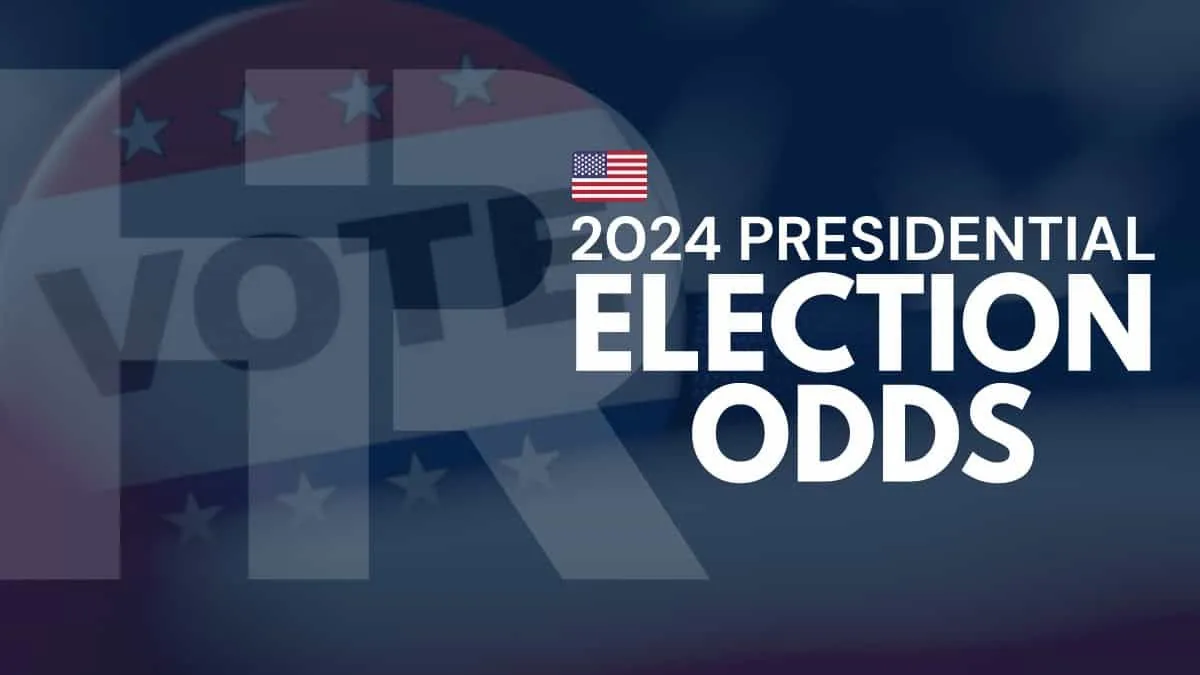Judge Allows First Legal U.S. Election Betting, CFTC to Appeal
A federal judge's ruling permits a startup to offer bets on Congressional election outcomes, marking a first in U.S. history. The CFTC plans to appeal, citing concerns over potential election interference.

In a groundbreaking development, a federal judge has permitted a startup company to offer the first legally sanctioned bets on U.S. elections by an American jurisdiction. This decision, made by U.S. District Court Judge Jia Cobb, allows New York-based Kalshi to provide prediction contracts on the outcomes of the November 2024 Congressional elections.
The ruling, which came on September 12, 2024, enables users to place what essentially amounts to yes-or-no bets on which party will gain control of the Senate and the House of Representatives. Within 90 minutes of the judge's decision, Kalshi had already begun advertising these betting options on their website.
Kalshi's move into election betting is not without precedent in U.S. history. The practice of election betting dates back to the 19th century, with the first known election betting pool held in 1868. During the 1916 U.S. presidential election, an estimated $165 million (in 2024 dollars) was wagered on Wall Street.
However, the Commodity Futures Trading Commission (CFTC), which was created in 1974 to regulate U.S. derivatives markets, has expressed strong opposition to this development. The CFTC, which had previously prohibited Kalshi from offering such bets, has announced its intention to appeal the ruling promptly.
CFTC attorney Raagnee Beri voiced concerns about the potential for market manipulation:
"These contracts would give market participants a $100 million incentive to influence the market on the election. There is a very severe public interest threat."
Beri drew a parallel to commodity markets, suggesting that misinformation could be used to sway betting outcomes, potentially undermining public confidence in the electoral process.
Kalshi already offers prediction contracts on various political topics, including the likelihood of a government shutdown, Supreme Court justice confirmations, and presidential approval ratings. The company argues that it is attempting to operate within a regulated framework, unlike offshore betting sites that have long offered wagers on U.S. elections illegally to American residents.

It's worth noting that prediction markets have often been considered more accurate than traditional polling methods, based on the concept of the "wisdom of the crowds." The Iowa Electronic Markets, run by the University of Iowa, has operated a small-scale prediction market for educational purposes since 1988, demonstrating the longstanding academic interest in this approach.
While this ruling marks a significant moment in U.S. election betting history, it's not the absolute first instance. In April 2020, West Virginia briefly permitted such bets for one hour before reversing its decision, citing inadequate research.
As the legal battle continues, the future of election betting in the United States remains uncertain. The CFTC's appeal and ongoing concerns about potential election interference will likely shape the landscape of political prediction markets in the coming months.


































